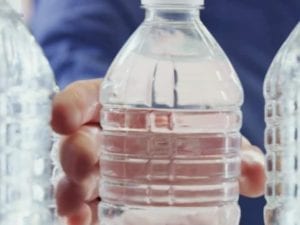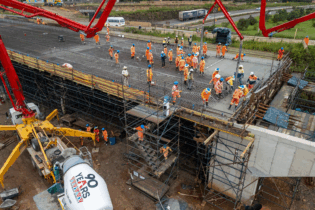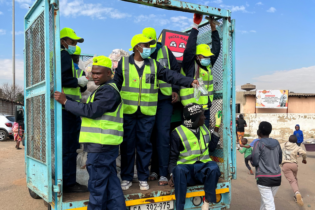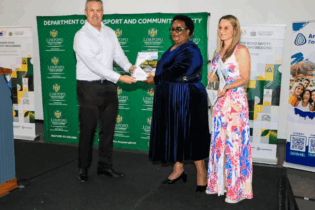Reducing South Africa’s water consumption patterns is non-negotiable, if our country and our economy are to navigate the new era of constant water stress.
This was the view expressed at a media roundtable event to discuss water resource development in the country. “We all have to change our headspace,” said Trevor Balzer, former deputy director general of the Department of Water Affairs and Sanitation at the event. “We need more efficient water-usage patterns, and to balance ecological and engineering infrastructure. Changed behaviour can make a big impact, very quickly. This is not only useful – it’s essential.” The event, hosted by GIBB Engineering & Architecture, saw experts from the civil engineering, geotechnical and public sectors sharing insights on meeting water demands in a time of drought and climate change. They also commented on proposals to tow icebergs to South Africa from the Southern Ocean. “The plan appears feasible,” said GIBB technical executive and project manager Dave Clark of the idea. “It may well be possible to secure an iceberg and to tow it north using cargo ships and tugboats. But I believe South Africa can spend its money better elsewhere.”Clark said that at the moment, strategies like water reuse, sanitation projects and better infrastructure management were helping South Africa to survive water stress, but that more needed to be done.
Also speaking at the roundtable, GIBB Senior Associate Ron Tluczek said that alternative solutions needed to be explored, and that engineering had a key role to play in evaluating and implementing them. He said that geotechnical initiatives such as tunnelling and water transfer were already proving highly effective in keeping South Africa supplied with fresh water. The ongoing drought in many parts of South Africa is symptomatic of a global shortage of fresh water. The World Wildlife Fund (WWF) estimates that because of climate change, by 2025, two-thirds of the world’s population will face water shortages1. The recent draft National Water and Sanitation Master Plan2 warned that if nothing is done, South Africa will face a 17% deficit between the demand and supply of water by 2030. The roundtable unpacked several aspects of the water crisis and discussed other interventions, such as policy changes, current water schemes, groundwater projects, the state of infrastructure and how to reimagine the water-supply system in South Africa.






